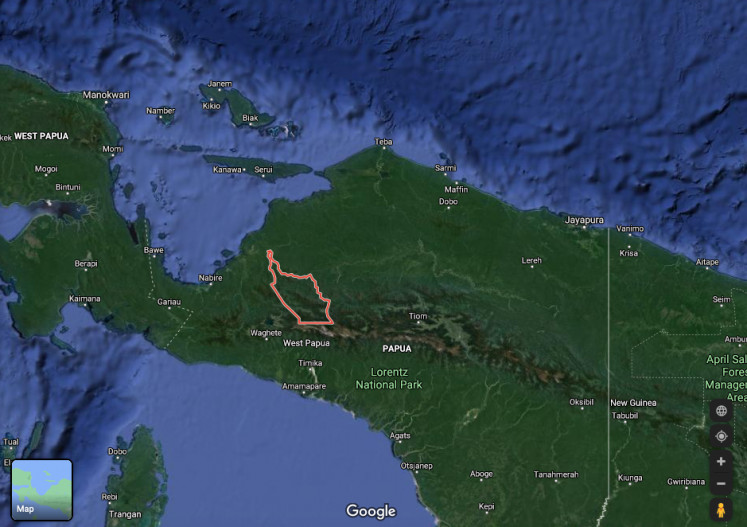BI cuts interbank rate to improve liquidity
As part of a concerted effort to improve liquidity in the banking system, Bank Indonesia (BI) has decided to widen the lower range of its interbank lending
Change text size
Gift Premium Articles
to Anyone

A
s part of a concerted effort to improve liquidity in the banking system, Bank Indonesia (BI) has decided to widen the lower range of its interbank lending.
The central bank said that it would widen the floor of its BI Facilities (FasBI) to 200 points below the 6 percent benchmark rate from 150 basis points.
The decision, which will come into effect today, follows a similar move on Sept. 8, 2011, when the central bank lowered the FasBi rate to 150 percent below the benchmark rate for the given month.
Since the September slash on the deposit rate, the central bank has twice cut its benchmark rate by 25 basis points: in September to 6.5 percent, and another 50 basis points in October to 6 percent to spur growth amid risks from the global economic slowdown.
Analysts said that the widening of the lower range of the interbank lending rate indicated the easing of the central bank’s monetary policy.
Starting today, the FasBI will have a deposit rate of 4 percent and a lending rate of 100 basis points above the benchmark rate, or 7 percent.
A lower FasBI deposit rate should offer more incentives for new loans and transactions among banks, BI spokesperson Difi Johansyah said on Tuesday.
With the reduction in the interbank overnight rate, banks are expected to be able to lower their lending rates, which in turn could help stimulate business activities.
“If we can guarantee enough liquidity in the financial market, then we can also guarantee that rates within the banking sector will fall,” Difi said.
Difi added that the decision to lower the bottom limit was mainly based on the consideration to guard economic stability against the global financial turmoil.
“Despite the fact that as of now the impact of the turmoil has been limited, BI feels the need to look ahead and, therefore, it believes that maintaining liquidity in the banking sector is essential,” he said.
The central bank says the country’s economy is likely to chart 6.5 percent growth for 2011 and forecasts between 6.3 and 6.7 percent growth for 2012 amid escalated pressure from the global economic slowdown on exports and financial liquidity.
Separately, Mandiri Sekuritas economist Destry Damayanti said that Bank Indonesia’s policy on lowering the FasBI bottom limit was sensible because there were many undisbursed loans within the banking system, which remained unused.
Undisbursed loans are committed loans that are not subsequently taken up by borrowers. Large banks usually forward their undisbursed loans to smaller banks within the interbank transaction system.
“The current amount of undisbursed loans is more than Rp 600 trillion [US$66 billion]. This is a huge amount, which would be better used within the interbank transactions, Bank Indonesia bonds or government bonds,” she said.
“What the central bank is trying to do with this latest slash is force the market to become more realistic,” she added.









